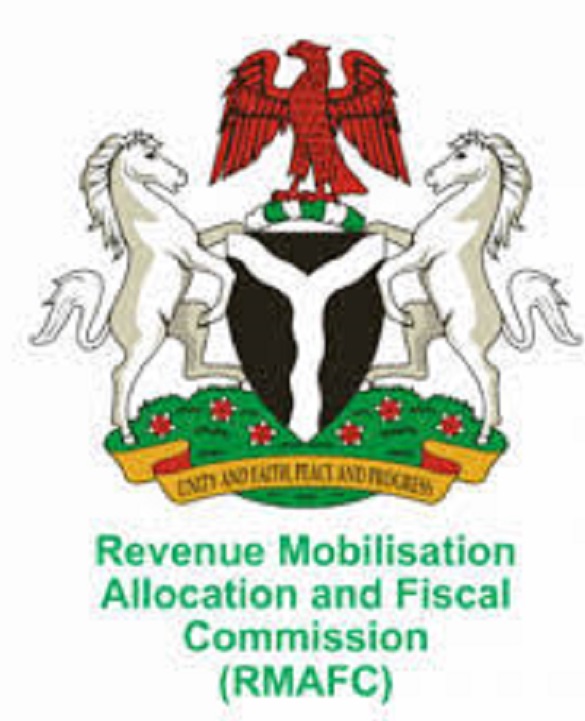Revenue Mobilisation, Allocation and Fiscal Commission (RMAFC) has strongly opposed President Bola Tinubu’s tax reform bills.
The commission gave their reason for opposing the bills which are currently before the National Assembly for consideration due to alleged constitutional breaches.
In a comprehensive nine-page memorandum signed by RMAFC chairman Mohammed Bello Shehu and obtained by Economic Confidential, RMAFC outlined a range of legal, constitutional, and technical objections to the proposed legislation.
RMAFC emphasised that Section 162(2) of the 1999 Constitution (as amended) grants the Commission the sole authority to determine the formula for equitable revenue sharing among the three tiers of government. The mandate also includes ensuring that the formula reflects principles of fairness and justice.
The memorandum stated, “The Constitution designates RMAFC as the final authority on matters of revenue allocation.”
“As such, no Act of Parliament, including the VAT Act, can infringe upon this constitutional responsibility. Any such attempt would constitute a violation of the Constitution.”
RMAFC noted that its role as the exclusive arbiter in developing fair revenue allocation formulas must be respected. It argued that deviation from its constitutional duties could undermine the integrity of the Commission and compromise the principles of justice in revenue sharing.
In its submission, RMAFC called for an approach to Value Added Tax (VAT) allocation that accounts for the unique nature of VAT as a consumption tax. It proposed a formula it developed that would ensure equitable distribution among federal, state, and local governments.
The commission concluded the memorandum with several recommendations. It urged federal government to empower the Commission to finalise a VAT allocation formula in line with its constitutional mandate, reinforcing Constitutional Mandates by ensuring that VAT allocation strictly follows RMAFC’s framework, not arbitrary provisions in the VAT Act or the proposed reform bills.
It urged dialogue among federal, state, and local governments to secure consensus on the RMAFC’s formula, thereby reducing tensions and ensuring acceptance.
RMAFC also cautioned legislative or executive measures that undermine RMAFC’s authority and advocated implementing systems like electronic invoicing to tag VAT collections to end-user locations, enhancing transparency and accuracy.
The Commission warned that the proposed tax reform bills threaten national unity and constitutional harmony. By adhering to its constitutional mandate, RMAFC believed it could provide an equitable solution to revenue allocation disputes while safeguarding the principles of fairness and justice.




